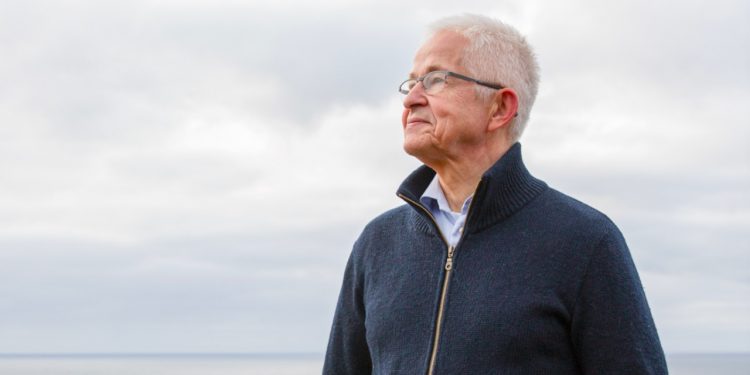Atlantic salmon farmer Hiddenfjord has announced the suspension of all air shipping of its products as of 10th of October this year. This change has reduced Hiddenfjord’s overseas transport CO2 emissions by 94% —as confirmed by independent Norwegian research body SINTEF.
Air freight is a major contributor to global CO2 emissions and emits around 50 times as much CO2 as sea freight. Hiddenfjord is ahead of the rest of the aquaculture industry in making a commitment of this size and scope, significantly decreasing their environmental impact in line with UN global climate action goal.

Salmon already has a much lower carbon footprint than other animal foods such as pork or beef but replacing air freight with sea freight makes it a very sustainable food choice.
‘The facts are clear, we all need to immediately stop using airplanes to transport goods in order to reduce climate change,’ said Hiddenfjord’s owners and managing director Atli Gregersen.
‘This was a challenging decision for us – we knew it could mean lower prices and a much higher risk because of reduced flexibility in reaching distant markets. But ethically, it is absolutely the right decision. If we claim that we want to be a truly sustainable company, we must take responsible actions.’
New independent consumer research shows that Hiddenfjord salmon has maintained quality, despite ending the use of air freight.
‘Even if the suspension of air freight has been a big change for many of our customers, we were very happy to be able to prove that we could maintain our well-known high quality – now with a much lower CO2 footprint,’ explained sales director Óli Hansen.
‘We see good growth in sales figures, and the product is attracting interest from new customers focusing on sustainability.’









